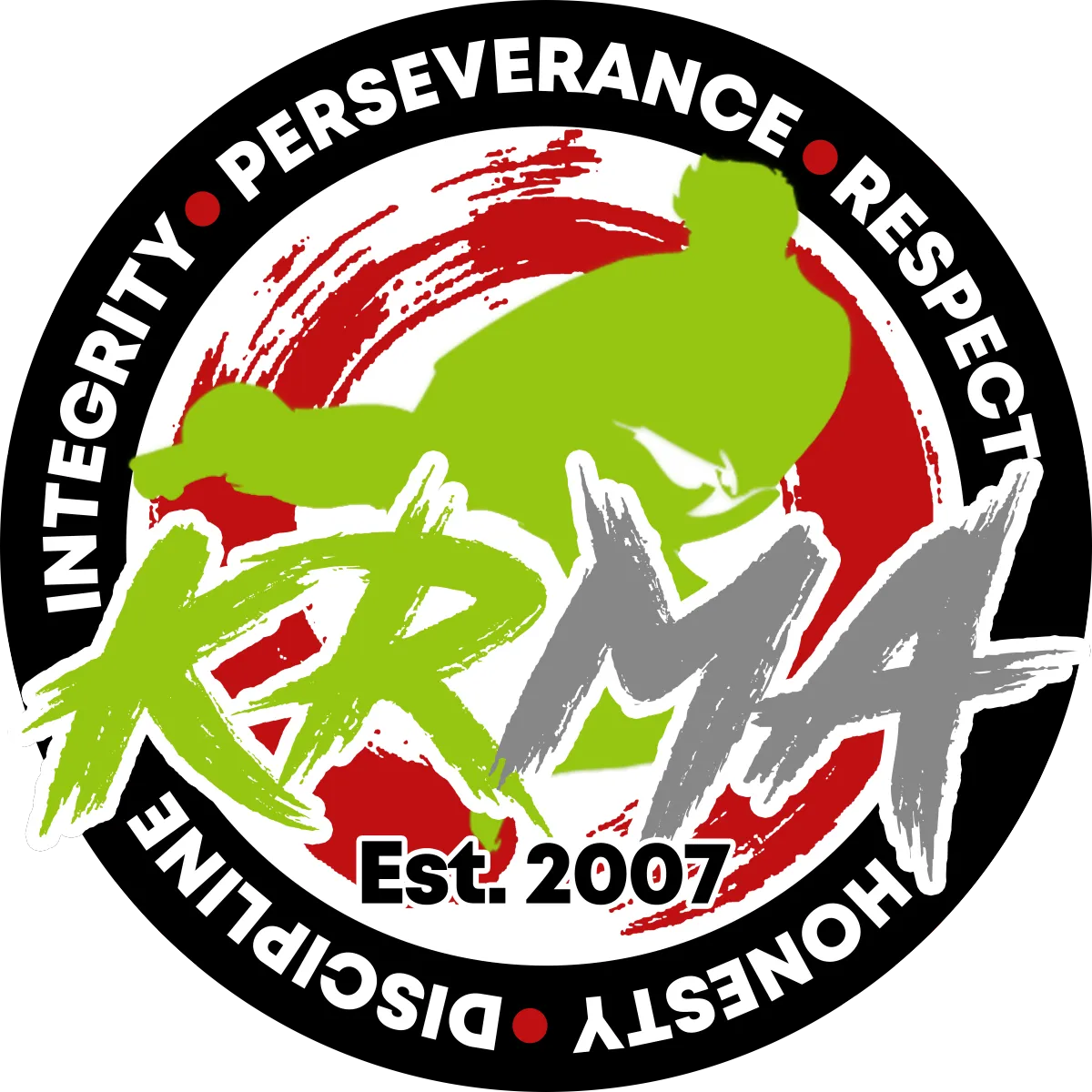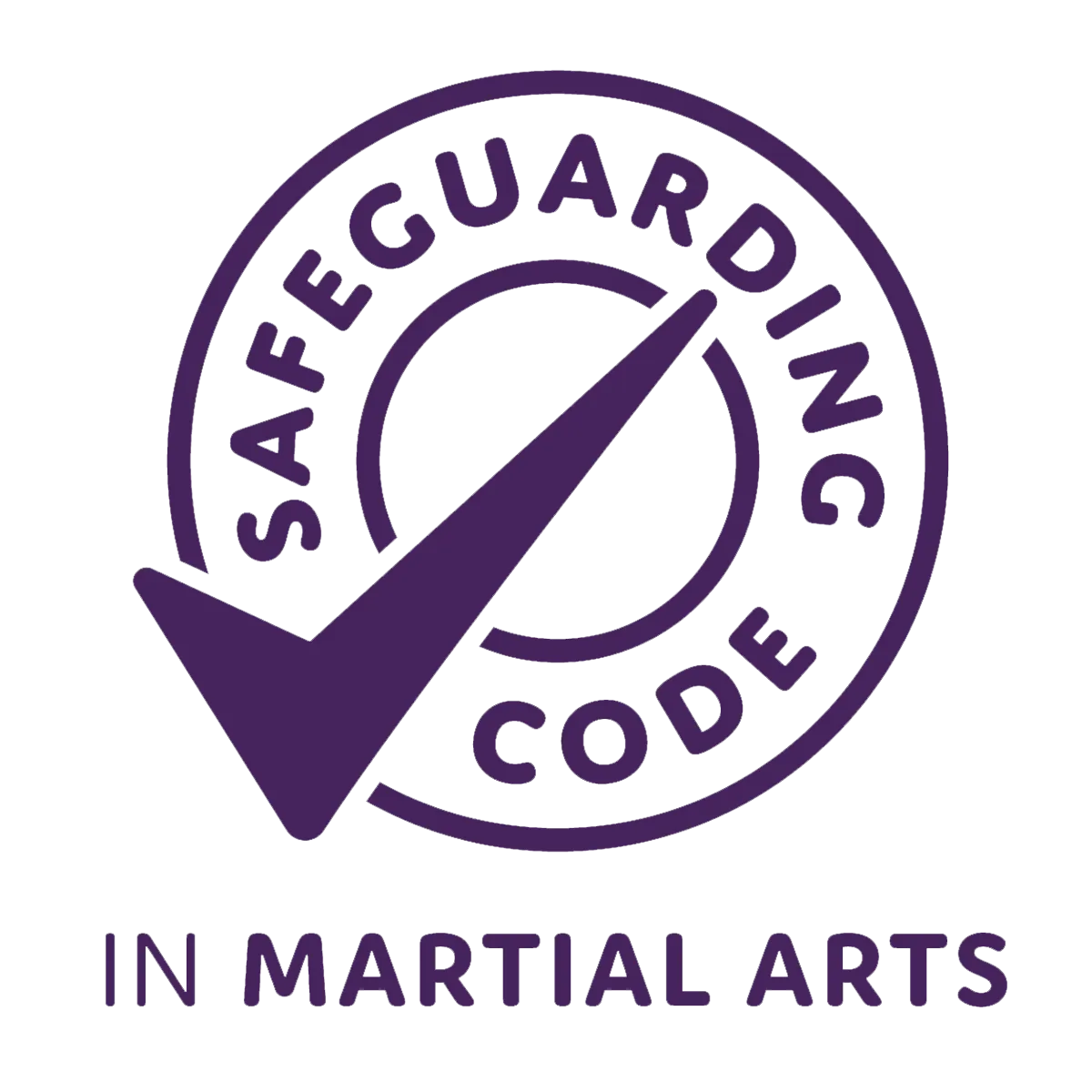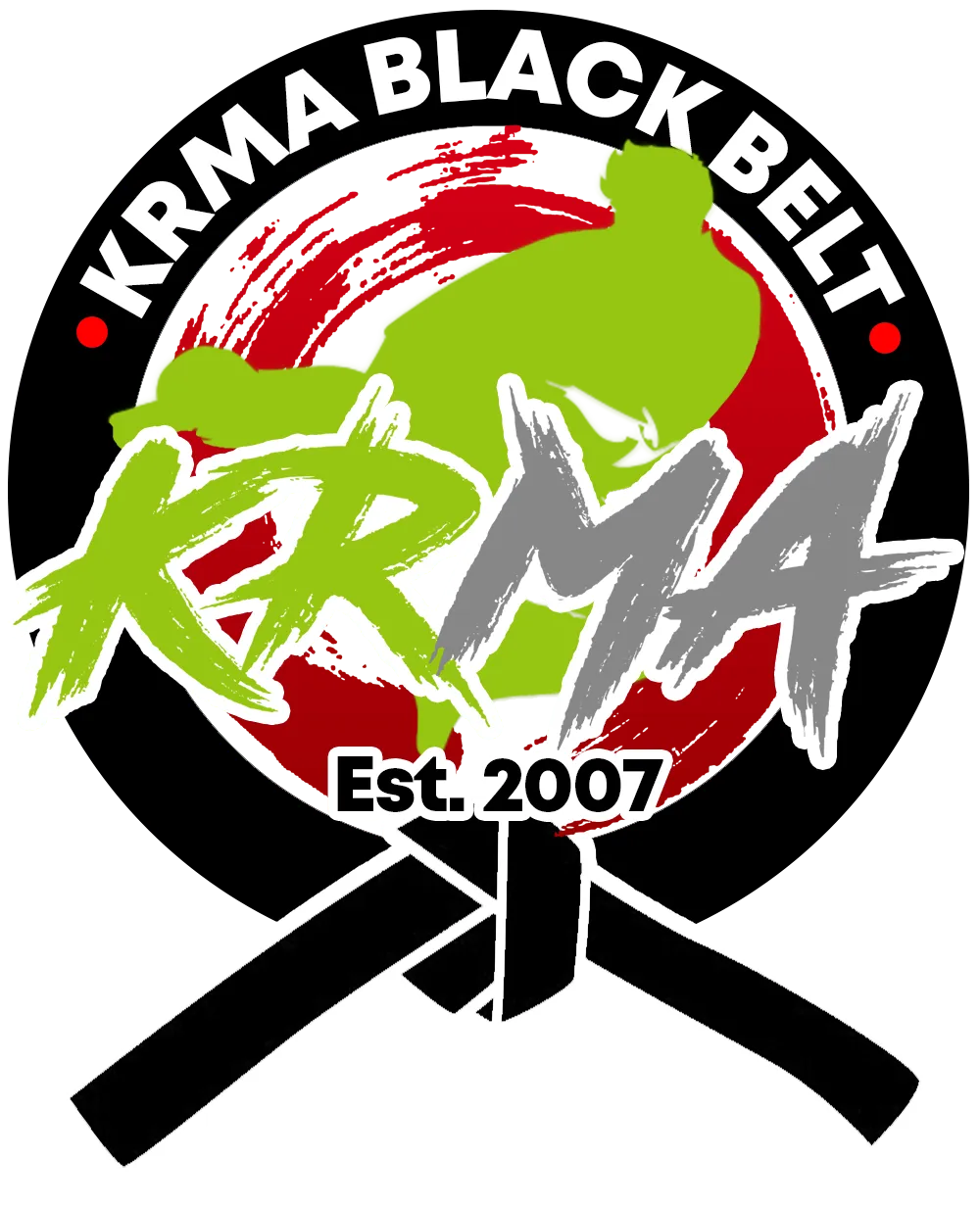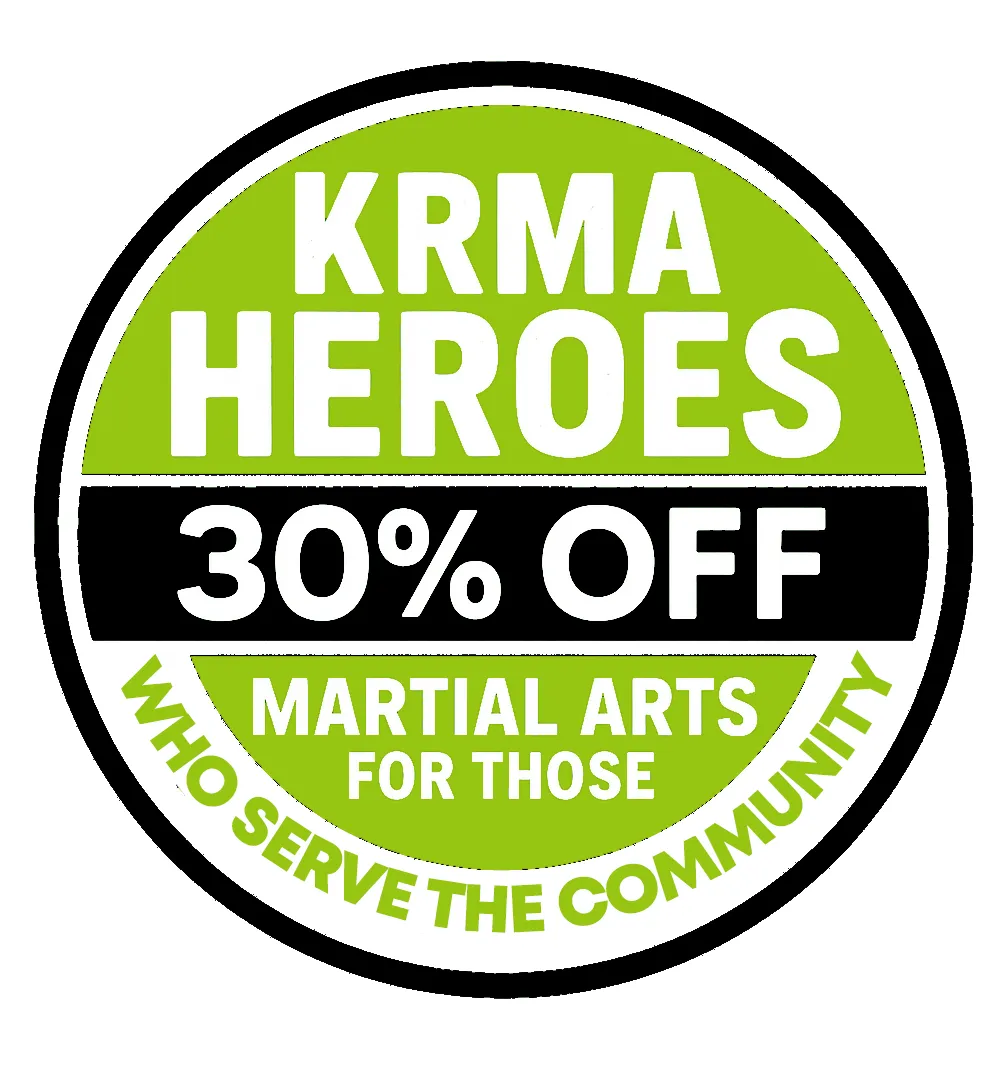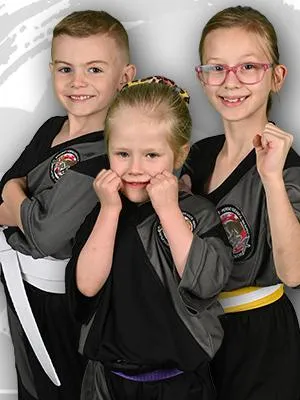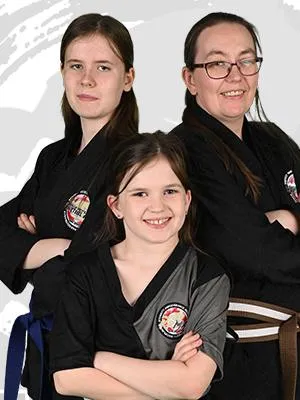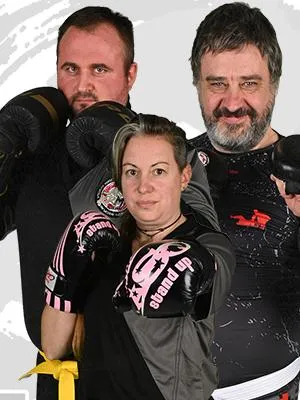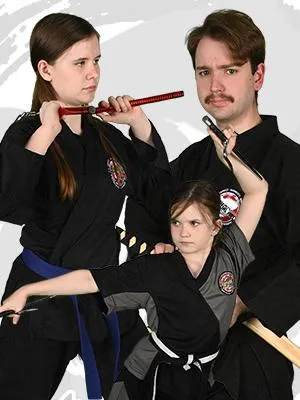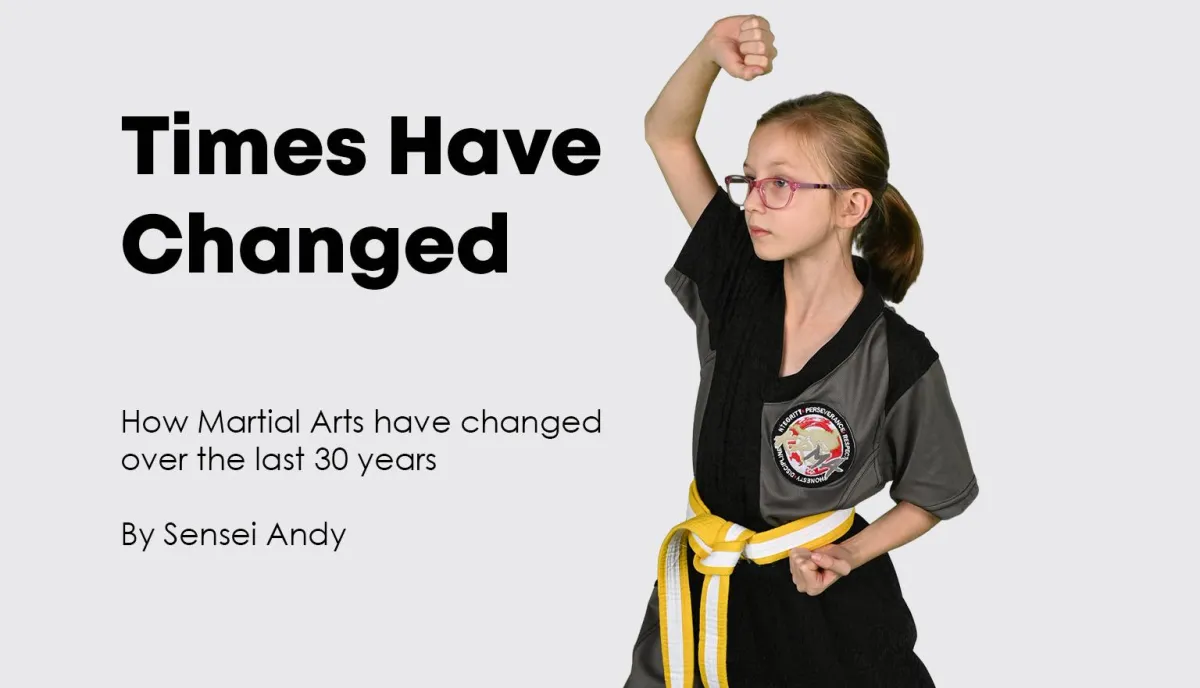
Times Have Changed: Martial Arts Training Then vs Now | KRMA UK
🥋 TIMES HAVE CHANGED
By Sensei Andy
It’s safe to say that times have changed.
I started training in Clacton-on-Sea, Essex, at the age of 5—back in 1987. That might feel like ancient history to some, and not so long ago to others. But over the last 30+ years, one thing is certain: everything has changed. And when it comes to Martial Arts training, that’s especially true.
📉 THEN VS NOW: A DIFFERENT APPROACH
Gone are the days of 2-hour lessons, traveling 6+ miles to get to your dojo, and grinding through countless hours just to reach the next belt.
Back then, it was normal to train twice a week for 2 hours per session. That’s 4 hours a week—208 hours a year, or 832 hours over 4 years. And even then, a Black Belt wasn’t guaranteed.
I personally trained 6–8 hours per week, while still having time for video games, friends, and other hobbies. Martial Arts wasn’t a chore—it was a commitment.
🧠 MODERN TRAINING: SMARTER, NOT LONGER
Through evolution and experience, we’ve come to understand that longer classes aren’t always better.
Attention spans fade.
Muscle fatigue kicks in.
And often, the last 30+ minutes become filler.
Top instructors around the world now realise that it’s the quality of instruction, not the length of the session, that creates strong students.
👉 That’s why many leading schools—including ours—have embraced the 45-minute class as the optimal structure. It keeps students focused, hungry for more, and avoids burnout.
⏳ THE EXPECTATION GAP
Here’s the problem: while training formats have changed, expectations haven’t.
Many students now train just 1.5 hours a week—that’s only 78 hours a year, or 312 over 4 years. Yet they expect the same outcome as someone who put in 800+ hours.
Is it possible?
✅ Yes, with structured teaching, clear goals, and home practice.
⚠️ But, it requires commitment—and that’s where many fall short.
💬 THE COMMITMENT QUESTION
A surprising number of new students feel insulted at the idea that Martial Arts requires commitment. “It’s just a hobby,” they say.
And you know what? I agree—it should be a hobby.
But even hobbies require dedication if you want to improve. Whether it's football, guitar, or martial arts, we pour our energy into things we care about.
Real growth demands more than just turning up—it requires showing up with purpose.
🤔 HAVE EXPECTATIONS CHANGED?
So here's the question I’ll leave you with:
Do people now expect more results for less effort?
Or are we just living in a time where commitment feels inconvenient?
You decide.
Until then, I’ll be in the dojo—because that’s where Martial Artists go when they want to get better.
💥 Ready to Train With Purpose?
At KRMA, we value commitment, progress, and passion. If you're ready to train with intention—not just go through the motions—then we’d love to meet you.
🎁 Grab Your Free Taster Class Now
📩 [email protected] | 📞 01652 653560 | 🌐 www.krma.co.uk

